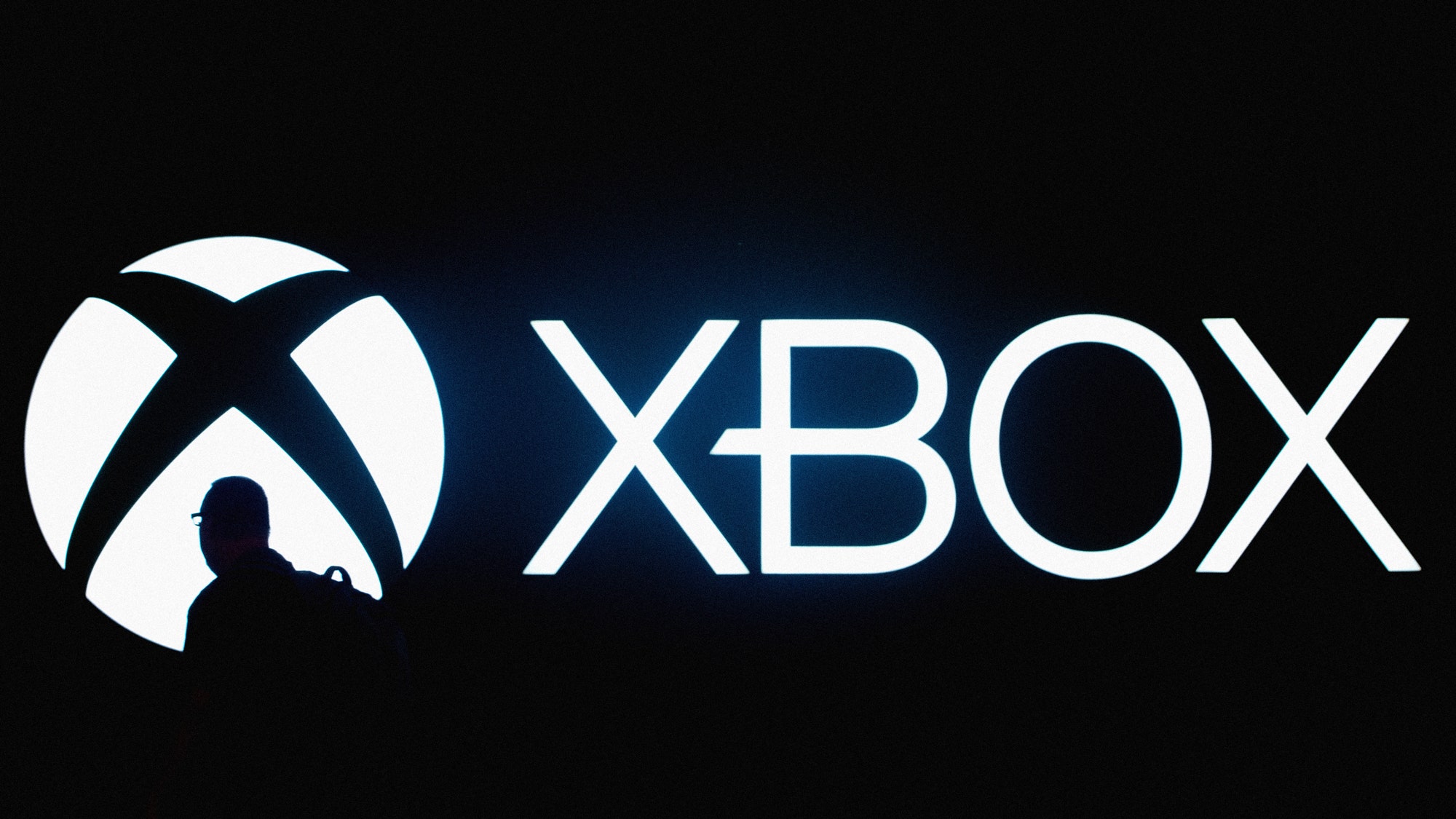Microsoft is diving deeper into generative AI for gaming with the introduction of Muse, a newly unveiled AI model designed to assist in game development.
What Is Muse AI?
Muse, which was trained using Ninja Theory’s multiplayer game Bleeding Edge, aims to streamline game design by generating game visuals and physics-based interactions automatically. Microsoft claims that Muse can analyze classic game titles and optimize them for modern hardware, offering potential benefits for game preservation.
Fatima Kardar, Microsoft’s corporate vice president for Gaming AI, described this as an exciting step toward making older games playable on any screen with Xbox. Additionally, Microsoft is exploring how Muse can help development teams with prototyping and testing.
Developers React: Skepticism and Resistance
Despite Microsoft’s optimism, many developers are not convinced. Industry professionals have taken to social media to express their frustrations, with some arguing that Muse AI may be more about cost-cutting than enhancing creativity.
David Goldfarb, a veteran game developer and founder of The Outsiders, was blunt in his response, stating: “This is not good for games. It devalues the collective years of artistic expertise that game developers bring to the table.”
Another anonymous AAA developer echoed this sentiment, arguing that “Nobody will want this. The focus seems to be on impressing shareholders rather than improving game development.” With thousands of job losses in the gaming industry in recent years, many fear that AI tools like Muse could further reduce employment opportunities for human creators.
The Bigger Picture: AI in Gaming
While AI has the potential to assist in certain areas like rapid prototyping, creatives worry that the technology could take away the human touch from game design. Marc Burrage, development director at Creative Assembly, pointed out that “Prototyping is as much about the journey as the result; AI shortcuts may not provide the same understanding and experience.”
Microsoft insists that it is engaging with developers to ensure AI tools like Muse are beneficial rather than disruptive. However, the company has a long way to go in convincing the gaming community that AI-powered development will enhance, rather than replace, human creativity.
AI’s Expanding Role in Automation
The rise of AI-powered tools in gaming is part of a broader trend of automation reshaping industries. Similar advancements are being made in other sectors, such as AI-driven automation in enterprise settings. For instance, Reveille Software’s AI-powered winter update is pushing the boundaries of intelligent automation by enhancing operational efficiencies.
As AI continues to evolve, the debate over its impact on creative industries will only intensify. Whether Muse AI becomes a valuable tool or an unwanted disruption remains to be seen.







